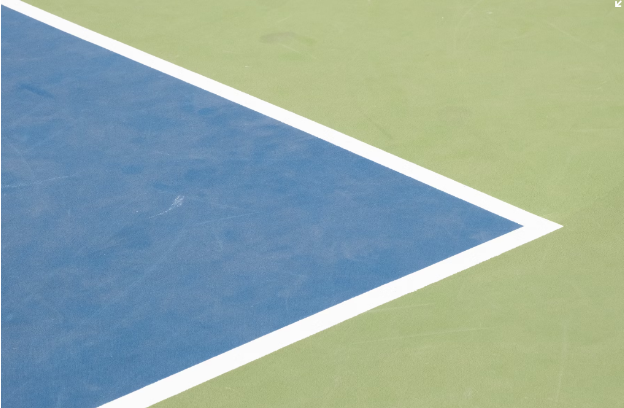The Psychology of Padel

While physical skill and technique are vital in padel, the mental aspect of the game often determines success on the court. The psychology of padel encompasses mental toughness, team dynamics, and strategies for performance optimization. This article explores the psychological factors that influence players’ performance and the strategies they can employ to enhance their mental game.
Mental Toughness
Mental toughness is the ability to maintain focus, confidence, and resilience in the face of adversity. In padel, players encounter numerous challenges, including errors, momentum shifts, and pressure situations. Developing mental toughness is crucial for overcoming these challenges and performing at a high level consistently.
Resilience: Resilient players bounce back quickly from setbacks and mistakes, maintaining a positive attitude and focusing on the next point rather than dwelling on past errors.
Focus: Maintaining focus is essential for staying present and making sound decisions under pressure. Players can develop focus through mindfulness techniques, visualization, and pre-point routines.
Confidence: Confidence in one’s abilities is key to performing at peak levels. Players can build confidence through deliberate practice, positive self-talk, and focusing on past successes rather than failures.
Team Dynamics
Padel is often played in doubles format, requiring effective communication, cooperation, and trust between partners. Team dynamics play a crucial role in determining the success of a partnership on the court.
Communication: Clear and effective communication between partners is essential for coordinating movements, covering the court efficiently, and making strategic decisions in real-time.
Trust: Trusting your partner’s abilities and judgment fosters cohesion and teamwork on the court. Trust allows players to rely on each other, take calculated risks, and play with confidence.
Support: Providing support and encouragement to your partner, especially during challenging moments, builds camaraderie and resilience. Positive reinforcement and constructive feedback contribute to a positive team dynamic and enhance performance.
Performance Optimization
Optimizing performance in padel involves maximizing strengths, minimizing weaknesses, and capitalizing on opportunities during matches. Players can employ various psychological strategies to enhance their performance on the court.
Goal Setting: Setting specific, measurable goals helps players stay motivated and focused on continuous improvement. Goals should be realistic, challenging, and adaptable based on individual and team objectives.
Visualization: Mental imagery and visualization techniques allow players to mentally rehearse skills, scenarios, and strategies before and during matches. Visualizing success builds confidence and reinforces positive habits.
Adaptability: Flexibility and adaptability are essential qualities in padel, as players must adjust their tactics and game plan based on changing circumstances and opponents’ strategies. Adaptable players are better equipped to handle adversity and capitalize on opportunities.
Conclusion
The psychology of padel plays a significant role in determining players’ performance and success on the court. Mental toughness, effective team dynamics, and strategies for performance optimization are essential aspects of the game that players can develop and refine through practice, experience, and self-awareness. By focusing on these psychological factors, players can enhance their resilience, teamwork, and overall performance, ultimately achieving greater success and enjoyment in the sport of padel.




